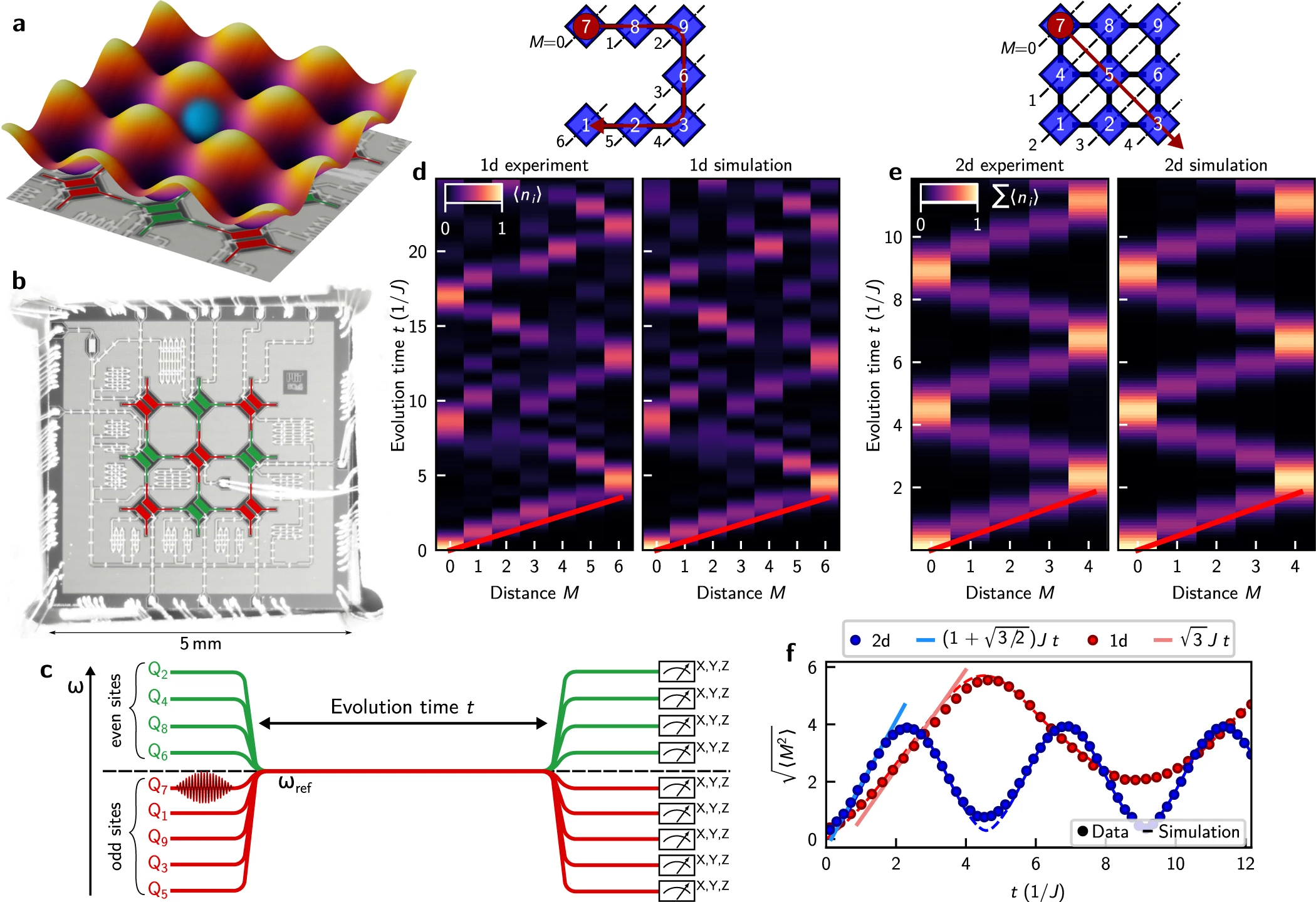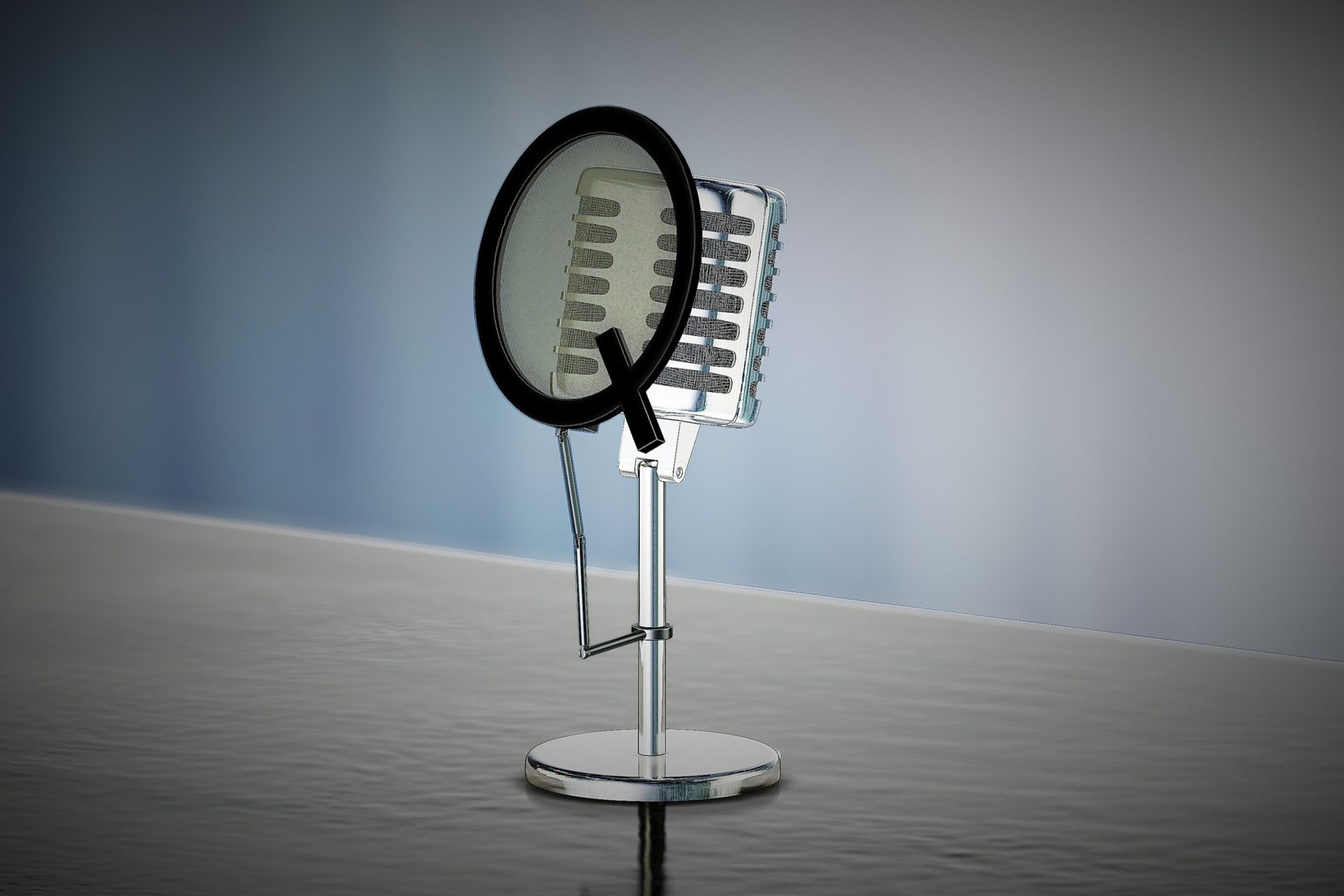This research demonstrates a significant breakthrough in quantum annealing’s practical advantages over classical optimization methods. Quantum Annealing (QA) represents a specialized approach to solving combinatorial optimization problems using quantum computers that leverage the adiabatic process, where entangled qubits naturally evolve to find optimal solutions for Quadratic Unconstrained Binary Optimization (QUBO) problems.
Previously, quantum annealing showed limited advantages over classical methods like simulated annealing, integer programming, and tabu search in benchmarking studies. These earlier comparisons were constrained by hardware limitations, including insufficient qubits (often fewer than 100 variables) and poor qubit connectivity, forcing researchers to test only low-dimensional or sparse problem configurations that poorly represented real-world optimization challenges.
The landscape has dramatically changed with the introduction of state-of-the-art quantum annealing hardware, particularly the D-Wave Advantage System. This system features over 5,000 qubits with advanced Pegasus topology that increases qubit connectivity from 6 to 15 connections per qubit. This enhanced connectivity significantly reduces the complexity of embedding problem variables onto physical qubits, allowing quantum annealers to better preserve the structure of dense optimization problems. Additionally, hybrid algorithms like the Leap Hybrid sampler and QUBO decomposition techniques enable handling of problems with dimensions exceeding the physical qubit count.
To properly evaluate these advancements, the researchers conducted comprehensive benchmarking using over 50 optimization instances characterized by large and dense Hamiltonian matrices that better represent real-world problems. The results reveal remarkable quantum advantages: the state-of-the-art quantum solver achieved approximately 0.013% higher accuracy while solving problems roughly 6,561 times faster than the best classical solver.
These findings represent a paradigm shift in practical quantum computing applications. The combination of increased qubit count, improved connectivity, and hybrid architectures finally enables quantum annealing to demonstrate the theoretical advantages long promised by quantum mechanics. This breakthrough has profound implications for industries requiring complex optimization, including logistics, finance, drug discovery, and materials science, where classical computational limits have previously constrained problem-solving capabilities. The research establishes quantum annealing as a viable and superior alternative for large-scale, real-world optimization challenges.
Reference: Kim, S., Ahn, SW., Suh, IS. et al. Quantum annealing for combinatorial optimization: a benchmarking study. npj Quantum Inf 11, 77 (2025). doi:10.1038/s41534-025-01020-1



